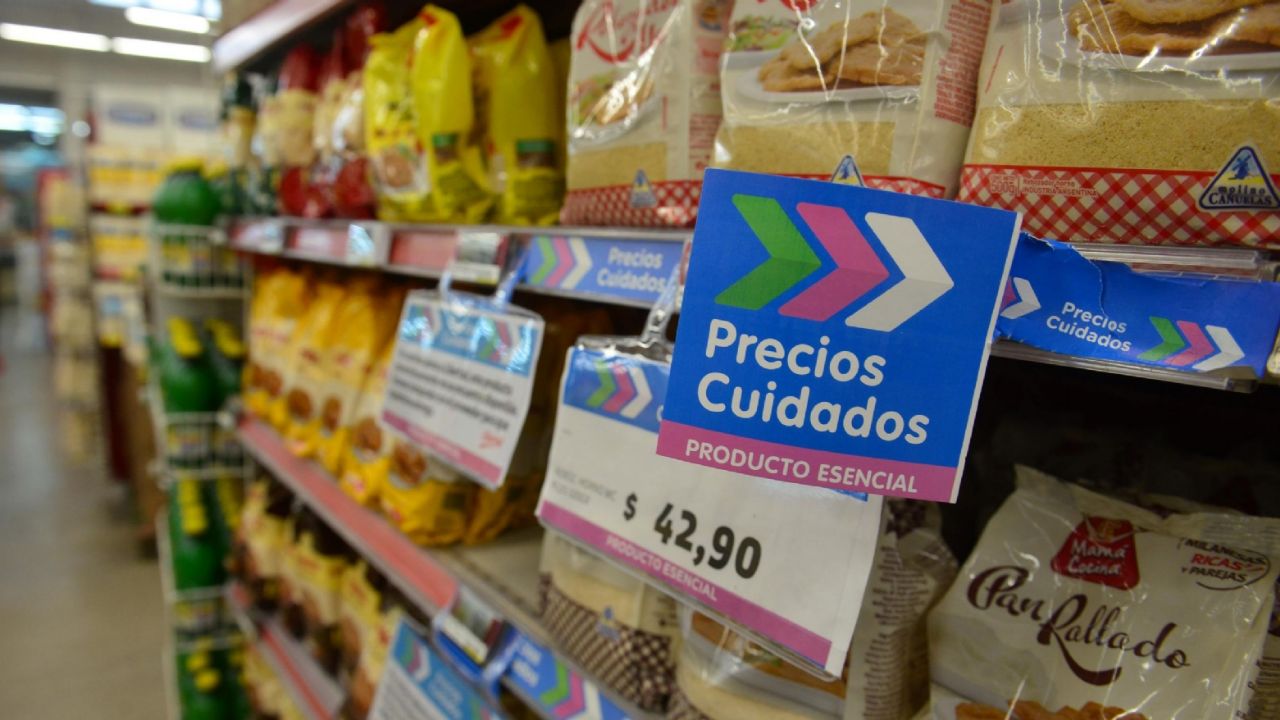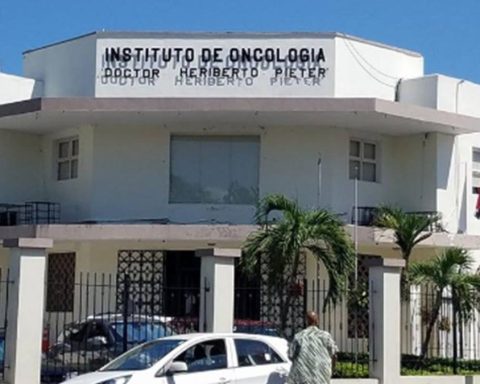After the INDEC (National Institute of Statistics and Censuses) announced that the rate of inflation in the month of February it reached 4.7%, the National Government asked to speed up a series of measures to deal with the alarming rise in the prices of the basic food basket.
During her usual press conference on Thursdays from Casa Rosada, the spokesperson for the Presidency, Gabriela Cerruti, assured that “in the next few days” a series of measures will be announced to curb the rate of inflation and slow down I climbed it indiscriminate consumption of food in the country.
“The government’s commitment is focused on ensuring that food prices and the cost of living do not rise any more. State policies are aligned to stop the inflation in Argentina”, revealed Cerruti.
At the same time, he acknowledged that the Executive is “fighting an arduous fight against The rise of prices”, a scourge that, in his opinion, began to worsen in the country since the last Macrista administration.

“Inflation in Argentina was already quite high in 2019, but it got even worse with the arrival of the pandemic in 2020 and now because of the war between Russia and Ukraine,” he stressed. Furthermore, he acknowledged that “a miraculous plan cannot be expected” to solve the economic problem in a single day.
This is a multicausal problem and we cannot expect it to be resolved overnight.

What policies will be implemented
What is known so far is that the National Government will seek to launch an official program to be able to keep food prices in the basic basket under control, with the support of the Ministry of Internal Trade and the Ministry of Productive Development.
In addition, the creation of a trust fund is expected for the State to acquire products at low cost and then officially market them in stores and points of sale in the country, in order to guarantee the stability of their cost.

In parallel, the Government is negotiating with the different agricultural unions in the country to Promote regulations that allow “protecting consumer prices, ensuring market stability and guaranteeing the internal supply of farm products”such as vegetables and fruits.

















